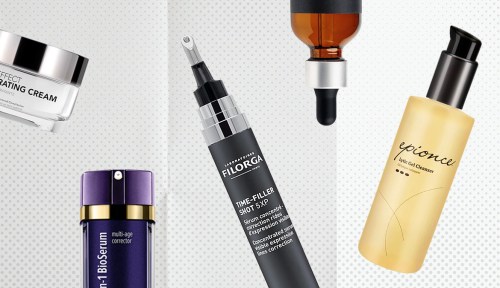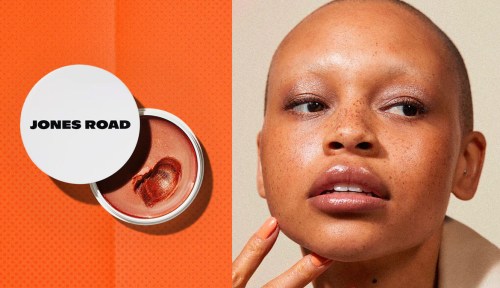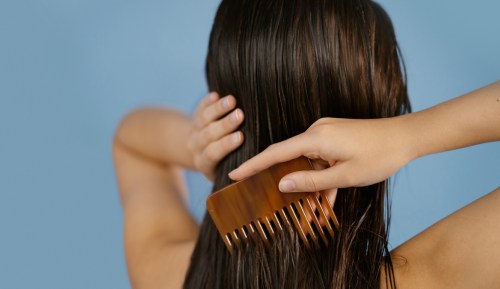Our editors independently select these products. Making a purchase through our links may earn Well+Good a commission
When you see a serum with a $100-plus price tag, it can be easy to assume that something so expensive must be the best that money can buy. But as any dermatologist will tell you, that’s just not true. Many overpriced products simply aren’t worth what brands are charging for them, and it can be frustrating to spend your hard-earned money on something exorbitantly expensive only to find out that it doesn’t actually work.
Experts in This Article
board-certified dermatologist in Northern California
director of cosmetic and clinical research in dermatology and associate professor of dermatology at Mount Sinai Hospital
board-certified dermatologist at Schweiger Dermatology Group in New York
While there are plenty of drugstore brands out there that outperform their luxury counterparts (ever heard of Differin Gel?), if you do want to invest in something pricy, there are a few easy tricks that can help you figure out whether or not it’s truly worth a top dollar pricetag. Product formulators recommend using the “one percent rule” to check for high concentrations of active ingredients (think: retinoids, antioxidants, and exfoliating acids), and pros will tell you that looking for science-backed or derm-founded brands that have clinical studies to back up their formulations is always a good bet.
But while these tips are undoubtedly effective, they admittedly require you to do a little bit of extra legwork any time you want to buy a product. To save you some time on your next shopping trip, we polled top dermatologists to share the skin-care investments that you can know for sure are actually worth what they’re charging. Keep scrolling to shop these finds for yourself.

SkinBetter Interfuse Treatment Cream — $125.00
Peptides are known to be one of the most effective skin-firming ingredients, and this formula delivers them in spades. “This luxurious treatment uses a patented technology to deliver collagen-stimulating and skin-smoothing peptides to improve the appearance of fine lines and wrinkles while smoothing and firming skin,” says Tiffany Jow Libby, MD, a board-certified dermatologist at Brown University. It can be used on your face, neck, and decolleté, so it’s a 3-in-1 buy.
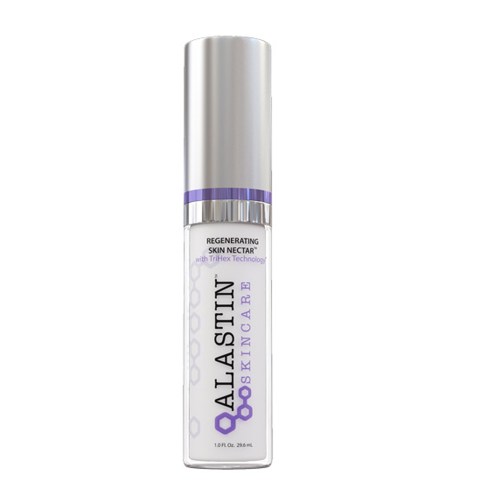
Alastin Skin Regenerating Skin Nectar — $195.00
Another one of Dr. Libby’s favorites, this serum helps boost your skin’s natural production of collagen and elastin to firm up skin. “It’s one of my favorite products to recommend pre- and post-procedure to help strengthen skin, support collagen and elastin production, and help yield the best results,” she says. “Whenever my skin is irritated, I love applying this to calm skin and promote skin recovery.”
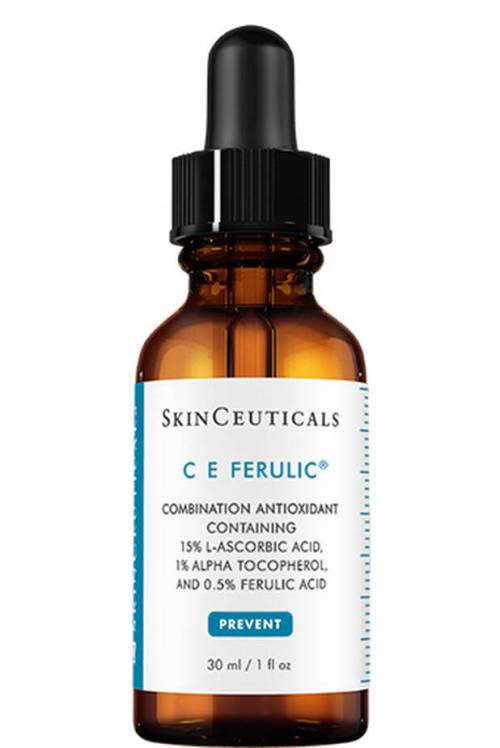
Skinceuticals CE Ferulic — $166.00
As most derms will tell you, this vitamin C serum is the best of the best. “Skinceuticals was the pioneer in topical antioxidants for anti-aging,” says Caren Campbell, MD, a board-certified dermatologist based in San Francisco. The brand was tantamount in discovering the “Duke Criteria,” which outlines the most effective delivery of topical vitamin C to the skin (it must include pure L-ascorbic acid, an acidic pH between 2.0 and 3.5, and a concentration between 10 and 20 percent), and is the only serum on the market to formulate based on these parameters. “They have also done, and continue to do, clinical trials showing how it improves skin hyperpigmentation, increases collagen, and fights oxidative stressors,” says Dr. Campbell.
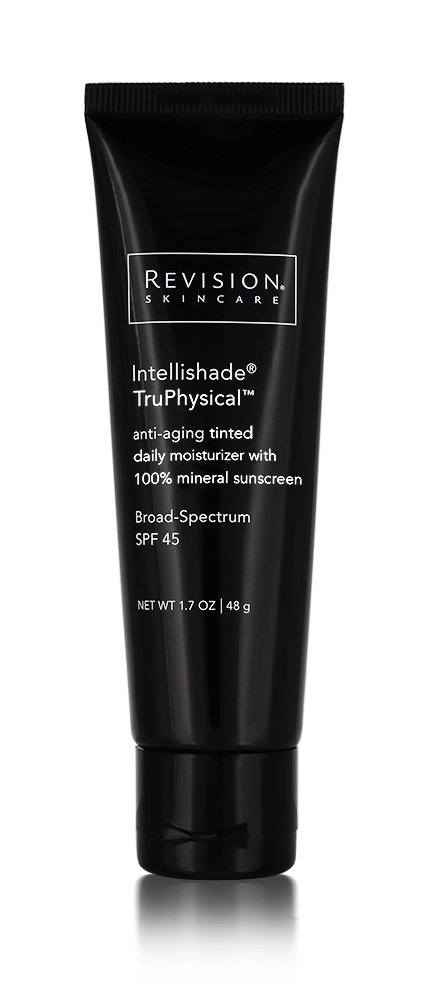
Revision Skincare® Intellishade TruPhysical — $76.00
“This is an anti-aging cream, with sunscreen, and with tint,” says Rachel Nazarian, MD, a board-certified dermatologist based in New York. “It multi-tasks my morning because it’s a single product that hydrates, has anti-aging peptides, offers sun protection, and has a light tint to block visible light, which is another source that causes premature aging. It feels lightweight and goes on smooth‚ and it’s worth paying extra for having a skin-care product that I love.”
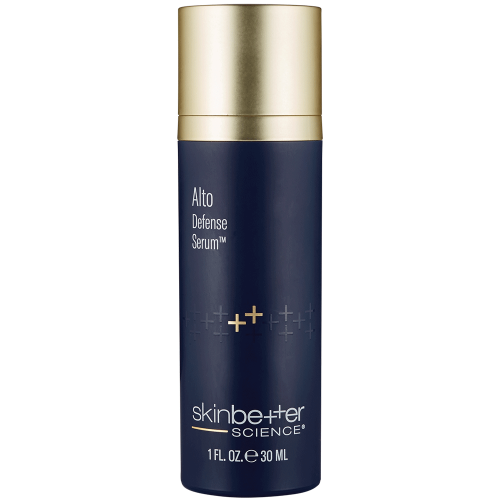
AltoDefense by SkinBetter Science — $155.00
Another multi-tasking morning product that Dr. Nazarian loves? This “skin-defense” serum. “It’s my antioxidant cocktail serum, and acts as an invisible shield against daily free-radical damage,” she says. “It’s not enough to just use a sunscreen—daily pollution and environmental stressors accelerate aging, and require ingredients that neutralize them. That’s this product.” In addition to offering antioxidant protection, it also helps to even out skin tone and reduce redness.

Revision Skincare C+ Correcting Complex 30% — $160.00
“The one place not to skimp is on your vitamin C serum—it’s expensive to formulate so you want to make sure you are using the right product,” says Joshua Zeichner, MD, a board-certified dermatologist based in New York City. “I use the Revision Skincare C+ Correcting Complex with 30 percent stabilized vitamin C in a formula with probiotics to help maintain healthy skin. It protects the skin against free radical damage from the sun, and blocks the production of abnormal pigmentation to brighten dark spots and even skin tone.”
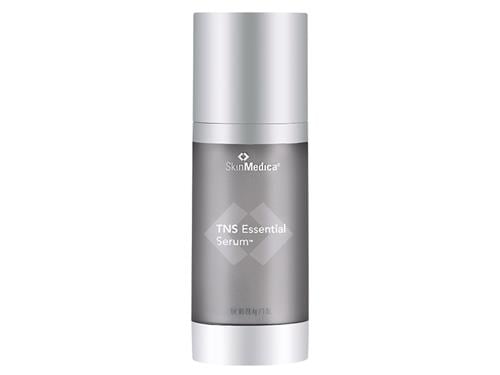
SkinMedica TNS Advanced+ Serum — $295.00
“I’m a Botox virgin, and I attribute it to this product,” Mona Gohara, MD, a board-certified dermatologist based in Connecticut, previously told Well+Good. The bottle has two “chambers”—one houses an antioxidant serum, and the other contains growth factors—and you pump them out separately before mixing them together and applying them to your skin. “Growth factors are little chemical particles that actually promote the production of collagen and elastin—two things that begin to fade when we get older—so I never go a day without putting it on my face,” says Dr. Gohara.

PCA SKIN Hyaluronic Acid Boosting Serum — $117.00
Dr. Gohara is a fan of this hydration-boosting serum, which is packed with many of the skin-care world’s buzziest ingredients. It’s got three types of hyaluronic acid to immediately plump skin and leave it moisturized over time, ceramides to strengthen your skin’s natural moisture barrier (which helps to lock in all that hydration), and niacinamide which balances and fortifies your complexion.
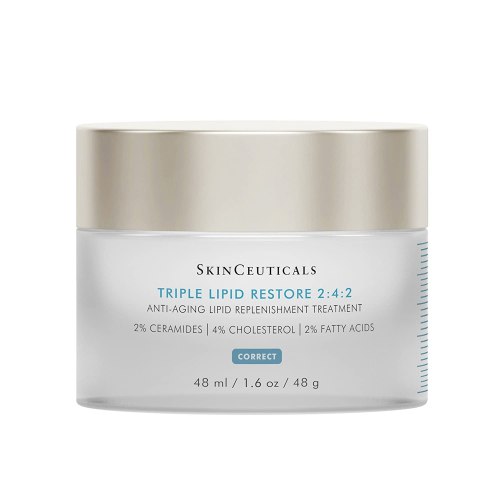
SkinCeuticals Triple Lipid Restore — $130.00
“I like this because it’s biologically similar to our skin’s own epidermal barrier, which is what keeps moisture locked in and irritants out,” says Dr. Gohara, who uses this moisturizer at night. It’s made with three skin-similar lipids (cholesterol, pure ceramides and fatty acids), plus vitamin E, which supports cellular repair and offers antioxidant protection.
To see which products are in a dermatologist’s own daily routine, check out the video below.
Want even more beauty intel from our editors? Follow our Fineprint Fineprint Instagram account) for must-know tips and tricks.
Sign Up for Our Daily Newsletter
Get all the latest in wellness, trends, food, fitness, beauty, and more delivered right to your inbox.
Got it, you've been added to our email list.

